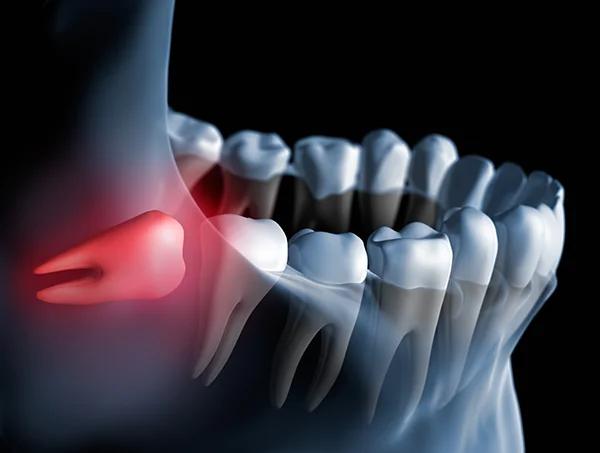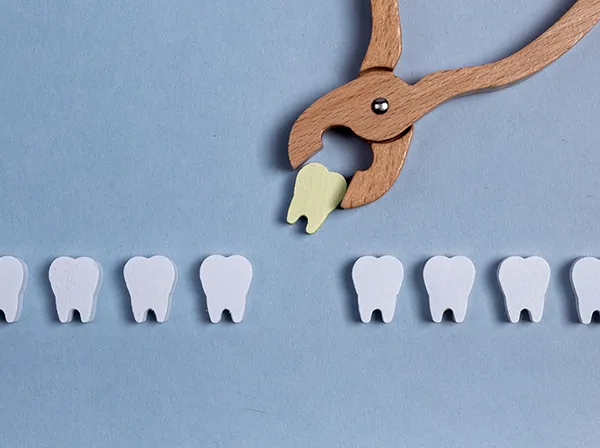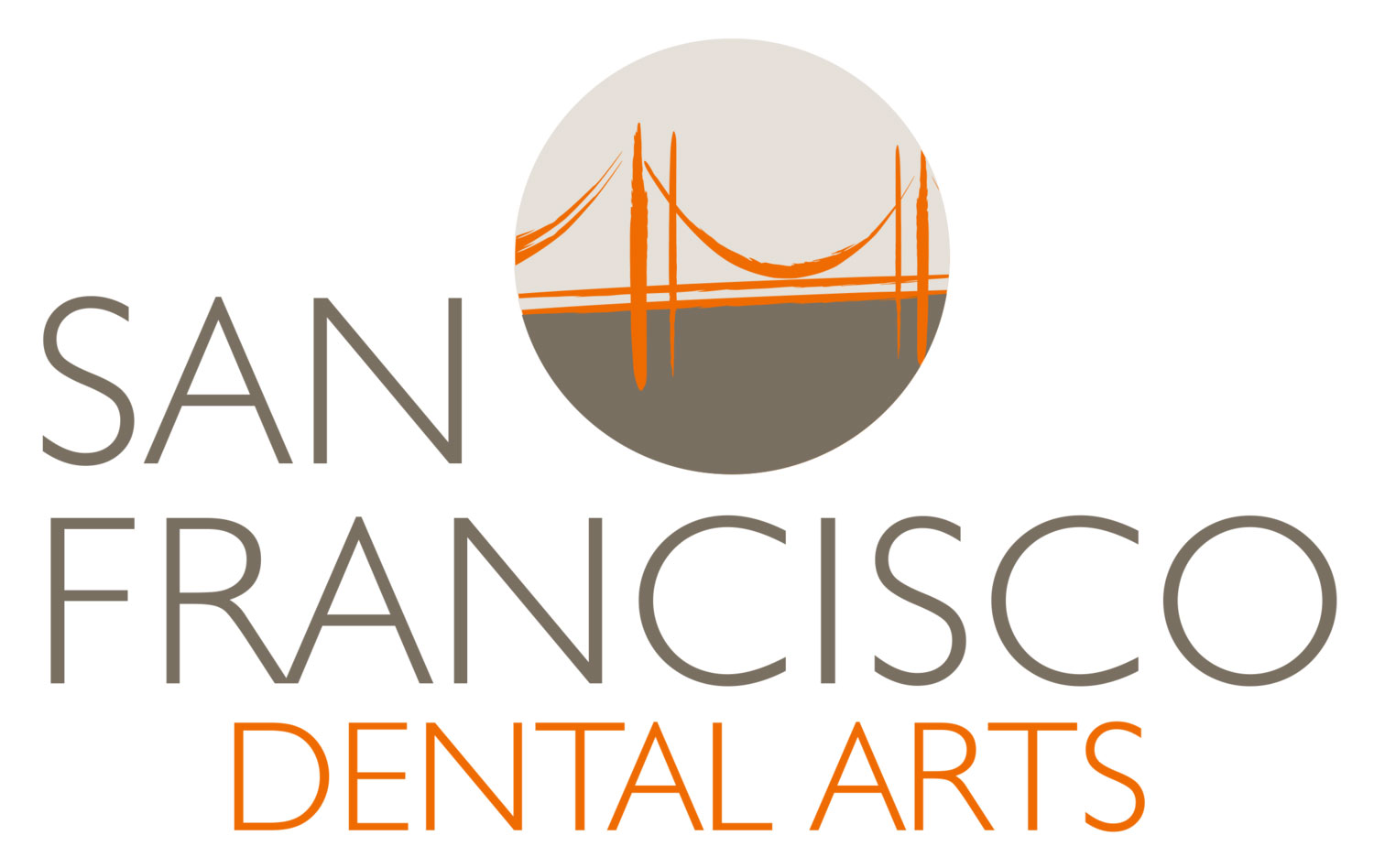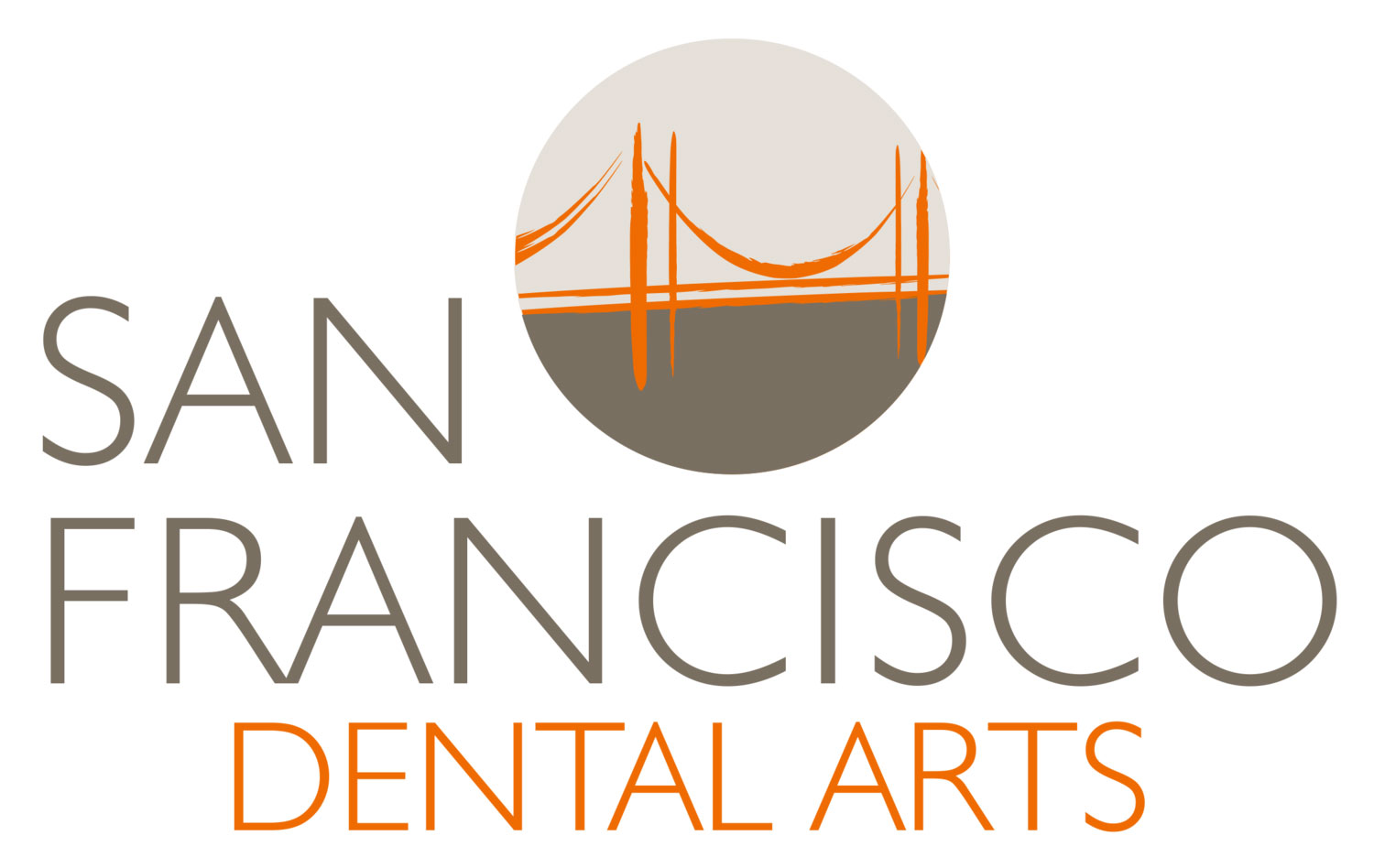 Most people between the ages of 17 and 25 will have their wisdom teeth removed, it is a very common procedure.
Most people between the ages of 17 and 25 will have their wisdom teeth removed, it is a very common procedure. The teeth are pushed up from the gums around this time, but there often isn’t enough room for them.
Since these teeth tend to crowd the other teeth, they can cause pain and can damage the teeth next to them.
What Are Wisdom Teeth?
Some people will develop wisdom teeth, or third molars, in their late teens or early twenties. While some people's mouths are large enough to accommodate wisdom teeth, other people's mouths are not.
When wisdom teeth do not have enough room to break through the gum tissue or grow properly, they are considered impacted.
Visit San Francisco Dental Arts for a full consultation today on the wisdom teeth removal process; we offer the best services.
What Is Tooth Extraction?
Tooth extraction, or tooth pulling, is the removal of one or more teeth from the mouth.
Why San Francisco Residents Choose Professional Tooth Extraction
The necessity for tooth extraction may arise for a variety of reasons even though permanent teeth are intended to last a lifetime.
Too much damage to a tooth from trauma or from tooth decay makes it impossible to heal it, which is a very common cause. The mouth may be prepared for orthodontic therapy by having teeth extracted, among other causes.
If your teeth are too big for your mouth, it could be tough to align them properly with the help of orthodontia.
Similarly, if your immune system is compromised and a tooth can’t break the gum (erupt) because there is not enough room in your mouth, or it is stuck beneath your gums, our dentist may advise extracting it.
A tooth, or teeth, may need to be extracted if periodontal gum disease (infection of the tissues and bones that surround and support the teeth) has caused tooth loosening.
Additionally, if decay or damage to a tooth reaches the pulp (the center of the tooth containing nerves and blood vessels), bacteria from the mouth can enter and cause infection.
The majority of the time, root canal therapy can fix this, but in certain cases, extraction may be necessary to stop the spread of the infection if the infection is too serious for root canal therapy or antibiotics to work.

Signs of Impacted Wisdom Teeth: When to Seek Help
Impacted wisdom teeth are teeth that are unable to fully emerge through the gum due to blockage.
They can grow sideways, emerge only part-way, be trapped beneath the gum and bone, or remain trapped inside the jawbone.
The most common reason for impacted wisdom teeth is the lack of space in the jaw. If this is the case, the impacted wisdom teeth can cause serious damage to the teeth next to them.
If left untreated, they can cause serious infections, damage to the jawbone, and damage to the nerves.
Impacted Wisdom Teeth Removal Procedure
Impacted wisdom teeth can be removed with surgery.
Impacted teeth can cause many problems, with other symptoms including pain, infection, damage to other teeth, and cysts.
For this reason, many people have their wisdom teeth removed by our dentist.
Wisdom teeth removal is recommended for younger patients when the teeth are causing crowding or other dental problems, or for many patients when they are at risk of becoming impacted (teeth remain trapped beneath the gums).
The Wisdom Teeth Extraction Process: What to Expect in San Francisco
The area where the tooth will be removed will be numbed with a local anesthetic injection that your dentist will give you before the tooth is pulled.
General anesthesia may occasionally be used by our dentist. Your body's pain will be reduced by this, and you will fall asleep while the treatment is being done.
Extraction Procedure
If the tooth is impacted, the dentist will remove the gum and bone tissue that surrounds it, then grasp the tooth with forceps and gently rock it back and forth to loosen it from the jawbone and ligaments that hold it in place.
Sometimes a difficult-to-pull tooth must be extracted in pieces.
Consider engaging with your oral surgeons and health professionals at for safe tooth extraction procedures.
Comprehensive Dental Exams: Preparing for Wisdom Teeth Removal
During a dental exam or oral examination, our dentist will carefully examine your teeth and gums to check for any signs of problems.
They may also take x-rays to get a better look at your teeth and see if there are any issues that can't be seen with the naked eye.
Our dentist will look inside your mouth and check your teeth and gums, using a small mirror to look at all sides of your teeth.
They will also examine nearby teeth and feel your gums to check for any problems.
A small pick may be used to clean your teeth, the dentist will then floss your teeth, and brush your teeth with special toothpaste.
If our dentist finds any problems, he will likely recommend that you have your wisdom teeth removed.

Benefits of Wisdom Teeth Removal: Why San Franciscans Choose Early Intervention
Wisdom teeth can become impacted, crowded, or fail to erupt properly causing issues to you and your surrounding teeth.
If they do erupt, they may be in the incorrect places or there may not be enough room for them in your mouth.
As they are impossible to clean when they are below the gum line, this might have negative effects on your oral health.
When they are crowded, it is challenging to reach them with a toothbrush and to correctly floss.
Post-Wisdom Teeth Removal Care: Tips for a Speedy Recovery
After undergoing a wisdom tooth extraction, proper aftercare is crucial for a smooth and speedy recovery.
Our dedicated team will provide post operative instructions to ensure your aftercare experience is as comfortable as possible, adhering to the highest standards of dental care.
Remember, each patient's recovery journey is unique. We're here to support you every step of the way, ensuring your return to optimal oral health.
Wisdom Tooth Removal Procedure San Francisco CA
At San Francisco Dental Arts, we advocate removing wisdom teeth as a preventive measure because molars, particularly third molars, are more prone to dental issues than other teeth in your jaw.
Call 415-981-9000 to schedule an appointment or contact us today at our San Francisco office!


